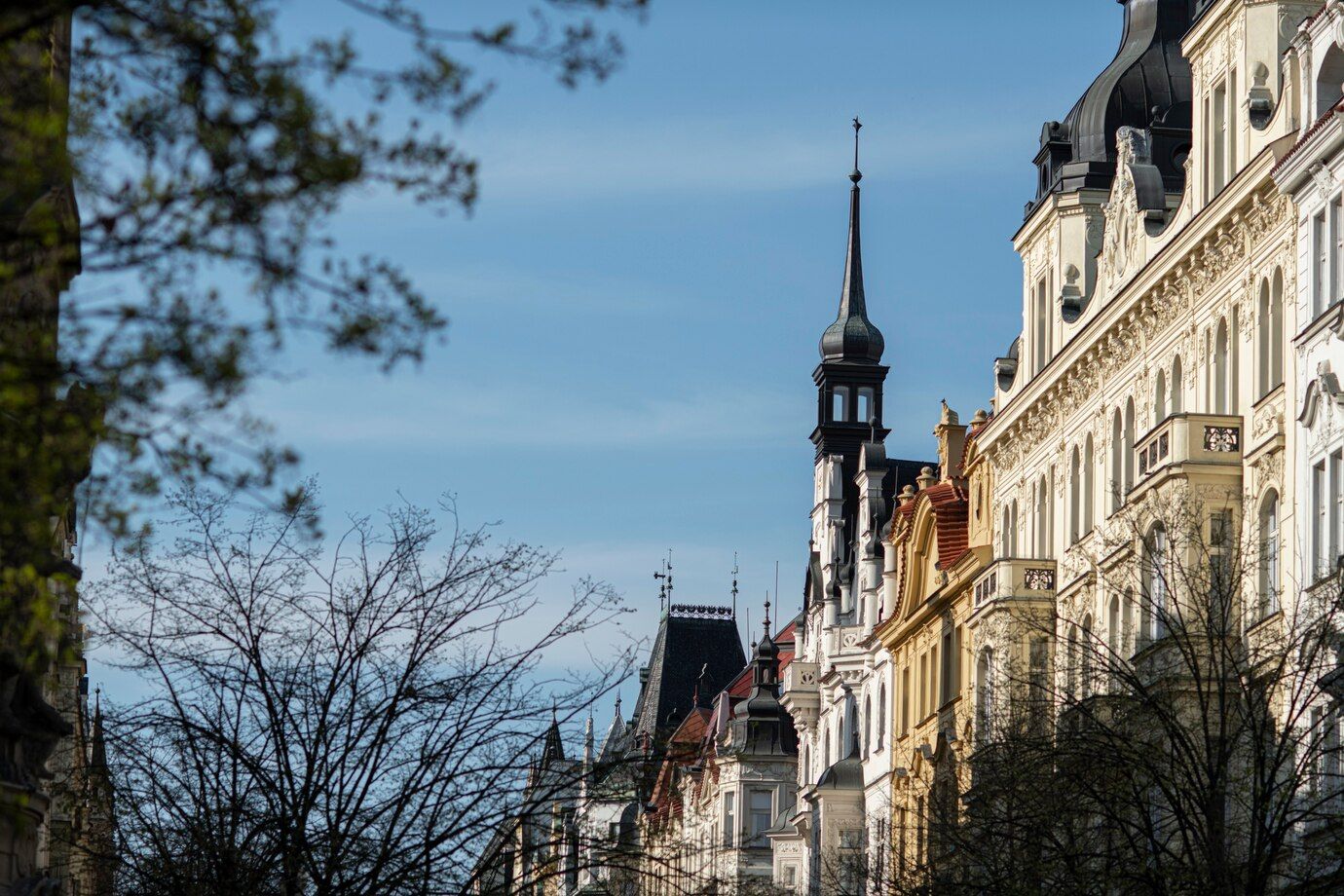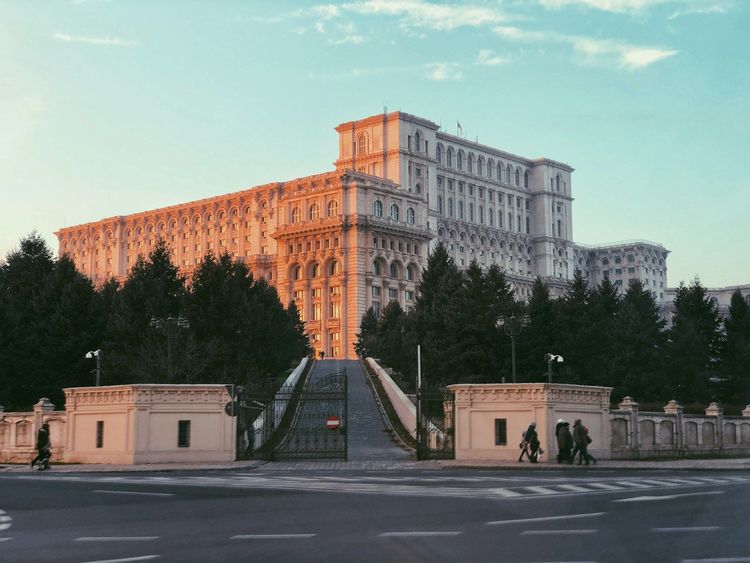Czech President Petr Pavel has signed a law significantly limiting the ability of Russian citizens to obtain Czech citizenship. Under the new rules, Russians are required to provide official proof of renunciation of their citizenship in order to apply. The consideration of all current and new requests from Russians has been suspended indefinitely.
Major changes and exceptions
The law provides for exceptions for certain categories of applicants: refugees, minors under 15 years of age, and persons who have special merit to the Czech Republic or who claim citizenship on humanitarian grounds. However, according to analysts, these exceptions are rather formal in nature, as they cover a minimal number of people. For example, children of Russians who do not possess a Czech passport are often refused because of the principle of “family unity of citizenship”. As for citizenship on merit or for humanitarian reasons, it is granted only in a few cases, which makes such exceptions of little practical significance.
Problems with renunciation of citizenship
Activists point to systemic difficulties Russians face when trying to renounce citizenship. Military conscripts and people with outstanding criminal convictions or under criminal prosecution cannot renounce their Russian passports under the laws of their home country. This puts many Russians living in the Czech Republic in a legal trap: they cannot fulfill the new requirements, but also have no possibility to stay in the country for a long period of time.

Criticism of the law
Opposition politicians call the norms discriminatory and contrary to the principles of the rule of law. In their opinion, the law actually forces citizens critical of the Russian authorities to return to the Russian Federation to formalize their renunciation of citizenship, which may entail risks to their safety. “This jeopardizes the lives of people who have already integrated into Czech society,” the statements emphasize.
Goals of the reform
Officially, the law aims to “protect the national interest” and prevent abuse of migration procedures. Authorities emphasize that the tightening of rules does not affect Russians legally residing in the country under other types of permits. Nevertheless, human rights activists warn of a possible increase in the number of people without a clear legal status, which will complicate their access to work, education and social services.
The Czech decision reflects a general trend in the EU to limit migration opportunities for Russian citizens amid geopolitical tensions. However, its consequences for the thousands of Russians already in the country remain unclear. Experts call for a more flexible approach that takes into account the individual circumstances of applicants.




